$22.00 – $7,587.00
Cannabicitran Isolate – CBT Wholesale | CBT Isolate – 95%+ Premium Grade Cannabicitran
Cannabicitran (CBT) is one of the lesser-known cannabinoids found in the cannabis plant. It is structurally similar to other cannabinoids such as cannabidiol (CBD) and tetrahydrocannabinol (THC). However, compared to CBD and THC, CBT is present in much smaller quantities in the plant.
Cannabicitran is believed to be a minor cannabinoid with limited research conducted on its specific properties and effects. As a result, there is currently a lack of comprehensive information about its potential therapeutic uses or any notable effects on the human body. Further scientific studies are needed to better understand the characteristics and potential benefits of CBT.
It’s important to note that while cannabinoids like CBD and THC have gained significant attention due to their potential health benefits, the same level of research has not been conducted on CBT. Therefore, it’s advisable to exercise caution and consult with medical professionals or experts knowledgeable in cannabis science if you are considering using CBT or any other cannabis-derived product for therapeutic purposes.
What are the benefits of CBT cannabinoids?
CBT is considered a minor cannabinoid, and there is currently a lack of comprehensive information on its properties and effects.
However, cannabinoids, in general, have been studied for their potential therapeutic benefits. Major cannabinoids like THC and CBD have shown promise in various areas, including:
- Pain management: Cannabinoids may have analgesic properties and could potentially be used to alleviate pain, including chronic pain conditions.
- Inflammation reduction: Some cannabinoids have demonstrated anti-inflammatory effects, which may be beneficial in conditions characterized by inflammation, such as arthritis.
- Neuroprotective effects: Certain cannabinoids have shown neuroprotective properties and could potentially be explored in the treatment of neurodegenerative diseases like Alzheimer’s or Parkinson’s.
- Anti-anxiety and mood stabilization: CBD, in particular, has been studied for its potential anxiolytic (anxiety-reducing) and mood-stabilizing effects.
- Nausea and appetite stimulation: THC has been used to alleviate nausea and stimulate appetite in medical settings, particularly in patients undergoing chemotherapy.
It’s important to note that these potential benefits are based on research conducted on major cannabinoids like THC and CBD. Further research is needed to determine the specific effects and potential therapeutic uses of CBT and other minor cannabinoids.
As our understanding of cannabis science continues to evolve, it is possible that future studies may shed more light on the potential benefits of CBT and other minor cannabinoids. However, it is essential to rely on scientifically supported information and consult with medical professionals or experts in the field for personalized advice and guidance.
Types of Cannabinoids – Cannabicitran and its Uses
Cannabicitran (CBT) is a rare minor cannabinoid with a subtle smell. Cannabis researchers are working hard every day to try and understand it more. When compared to other cannabinoids, CBT is not always present in cannabis. If available, it usually occurs in negligible amounts. As a result, CBT is not yet a federally regulated substance. It is not nearly as popular as CBD (cannabidiol). Cannabicitran’s molecular formula is C21H30O2. Its molar mass is 314.5g/mol.
Is Cannabicitran The Same As Cannabitrol
No, cannabicitran (CBT) and cannabitriol are not the same compounds. They are two distinct cannabinoids found in the cannabis plant.
Cannabicitran (CBT) is a minor cannabinoid that is structurally similar to other cannabinoids like cannabidiol (CBD) and tetrahydrocannabinol (THC). However, CBT is present in much smaller quantities in the plant, and there is limited scientific research available on its specific properties and effects.
On the other hand, cannabitriol (CBT) is a different cannabinoid that has been identified and studied to some extent. Cannabitriol (CBT) is derived from cannabigerol (CBG) and is considered a degradation product of CBG. It is known to have a different chemical structure and properties compared to cannabicitran (CBT).
While there may be some similarities in the names, it’s important to differentiate between the two cannabinoids, cannabicitran (CBT) and cannabitriol (CBT). As research in the field of cannabis science continues to evolve, further studies may provide more insights into their individual characteristics and potential
Background
Cannabinoids are a group of chemical compounds that are found in the cannabis plant (Cannabis sativa). Over 100 different cannabinoids have been identified in cannabis, each with its own unique properties and effects. The two most well-known cannabinoids are delta-9-tetrahydrocannabinol (THC) and cannabidiol (CBD).
THC is the primary psychoactive compound in cannabis, responsible for the “high” or intoxicating effects associated with marijuana use. It interacts with cannabinoid receptors in the brain and nervous system, producing various physical and psychological effects.
CBD, on the other hand, is non-intoxicating and has gained significant attention for its potential therapeutic properties. It is believed to have anti-inflammatory, analgesic (pain-relieving), anxiolytic (anxiety-reducing), and neuroprotective effects, among others. CBD does not produce the same psychoactive effects as THC and is legal in many countries and states.
Aside from THC and CBD, there are several other cannabinoids found in cannabis, including cannabigerol (CBG), cannabinol (CBN), cannabichromene (CBC), and more. These minor cannabinoids have varying levels of scientific research and are being investigated for their potential therapeutic applications.
It’s important to note that cannabis and cannabinoids are still subject to legal regulations in many parts of the world. The legality of cannabis, THC, CBD, and other cannabinoids can vary depending on the country or state. Regulations regarding cultivation, distribution, and use should be carefully considered and adhered to according to the local laws and regulations in your specific jurisdiction.
As research in the field of cannabis continues to progress, our understanding of cannabinoids and their potential benefits is expanding. However, it’s crucial to rely on reputable sources, scientific studies, and expert advice when seeking information on cannabinoids and their uses.
Why People Should Use CBT
It’s important to note that people may consider using cannabinoids for various reasons, such as:
- Potential therapeutic benefits: Cannabinoids, including major cannabinoids like THC and CBD, have shown potential therapeutic properties. They have been studied for their potential effects on pain management, inflammation reduction, neuroprotection, anxiety reduction, and more. While CBT is a minor cannabinoid with limited research, it is possible that future studies may uncover potential therapeutic benefits.
- Personal preferences and experiences: Some individuals may choose to use cannabinoids based on their own experiences or preferences. This could include factors such as perceived benefits, personal beliefs, or cultural practices.
- Medical conditions: In some cases, individuals may consider using cannabinoids, under medical supervision, to help manage specific medical conditions. This may include conditions like chronic pain, epilepsy, multiple sclerosis, or side effects associated with chemotherapy.
- Alternative treatment options: Some people may turn to cannabinoids as an alternative or complementary approach to traditional medical treatments. However, it’s important to note that the use of cannabinoids for medical purposes should be discussed with healthcare professionals, as they can provide personalized guidance based on an individual’s specific situation.
It’s crucial to emphasize that the decision to use cannabinoids, including CBT, should be made in consultation with medical professionals or experts knowledgeable in cannabis science. They can provide guidance, assess individual circumstances, and help make informed decisions regarding the use of cannabinoids for potential therapeutic purposes.
Please note that new research and discoveries are continually emerging in the field of cannabis science. It is advisable to seek the most up-to-date and accurate information from reputable sources and consult with medical professionals for the latest insights on cannabinoids, including CBT.
| Volume | G, Kg |
|---|
Be the first to review “Cannabicitran Isolate – CBT” Cancel reply
Related products
Water Soluble Cannabinoids
Cannabinoid Isolates
Cannabinoid Isolates
Cannabinoid Isolates
CBD Products
Cannabinoid Isolates

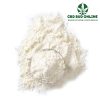


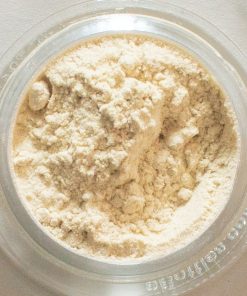
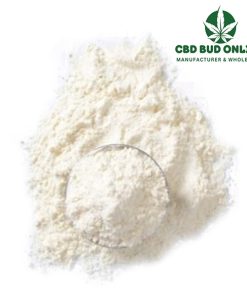
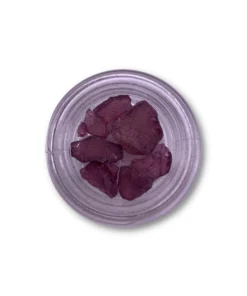
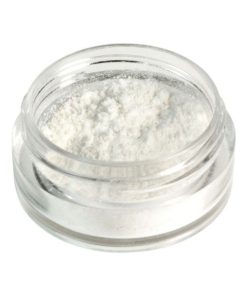

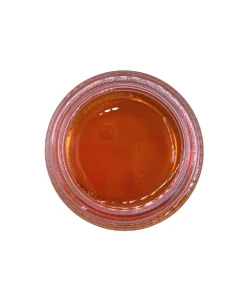
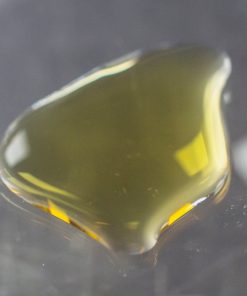
Reviews
There are no reviews yet.